Tromero Ltd
 United Kingdom
- London, England
United Kingdom
- London, England
- 20/07/2023
- Seed
- $1,936,000
Tromero provides an alternative to cloud-based high-performance clusters (HPC) for clients requiring machine learning.
We leverage the vast untapped potential of cryptocurrency mining as the world's largest distributed deep-learning training instance, charging less than they would pay on a regular AWS server instance by leveraging the proof-of-work puzzle.
Our Blockchain, Tromero, is the first to meaningfully update proof-of-work to be proof-of-useful-work.
We, Charles and Sophia, are both final-year PhD candidates at the UKRI Centre of Doctoral Training in Safe and Trusted AI between King's College London and Imperial College. We have experience in theoretical computer science, Explainable AI (XAI), Multiagent Systems Research and Deep Reinforcement Learning.
Progress to-date:
- proof of concept demo w/ private white paper.
- expressions of interest from potential clients.
- Our current funding round is open until the end of March, and we’d love to meet to discuss things further.
- Industry Technology, Information and Internet
- Website https://tromero.org/
- LinkedIn https://www.linkedin.com/company/tromero/
Related People
Sophia KalanovskaCo Founder
 United Kingdom -
London, England
United Kingdom -
London, England
Co-founder of Tromero -- an innovative peer to peer blockchain, which combines traditional proof of work consensus with Machine Learning training. A final year explainable AI PhD student at King’s College London/ Imperial College part of the Safe and Trusted AI CDT, who can easily grasp new technologies, frameworks and tools. A winner of the Kings’ Alan Turing Centenary prize. While studying, I am also a teaching assistant – the small and large group tutorials I have thought over the years include theoretical computer science (2018-2021), artificial intelligence reasoning and decision making (2021), programming in C++ and Scala (2018 - 2019), pattern recognition(2020) and machine learning (2022).

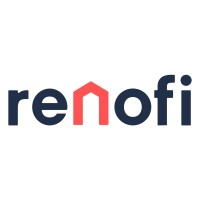 RenoFi | $22,000,000 | (Mar 4, 2026)
RenoFi | $22,000,000 | (Mar 4, 2026)
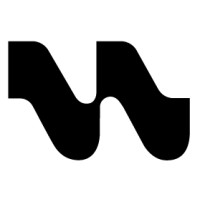 Worldscape | Undisclosed Amount | (Mar 4, 2026)
Worldscape | Undisclosed Amount | (Mar 4, 2026)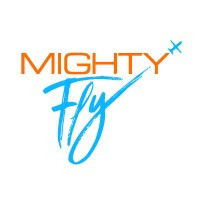 MightyFly | $10,000,000 | (Mar 4, 2026)
MightyFly | $10,000,000 | (Mar 4, 2026)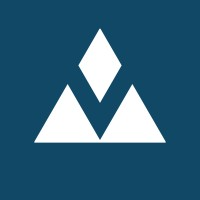
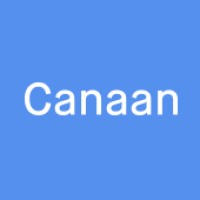
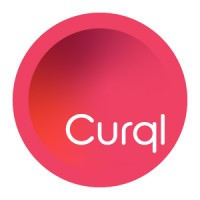
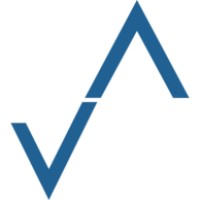
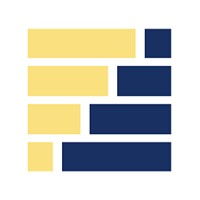
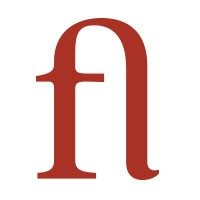
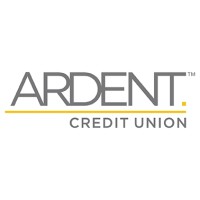
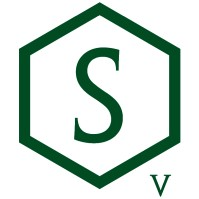
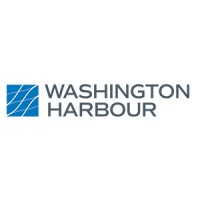
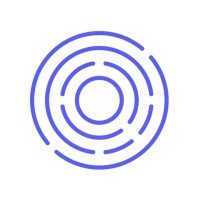
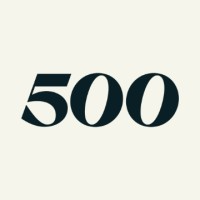

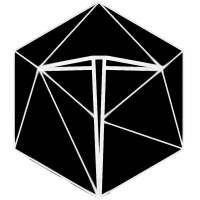
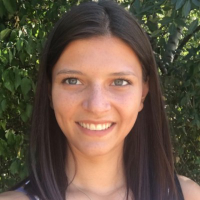
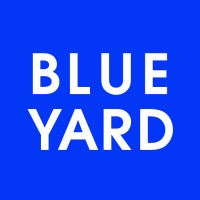

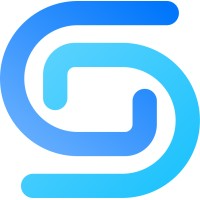
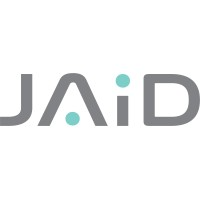

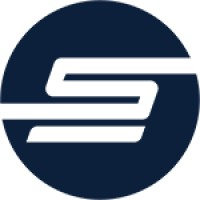
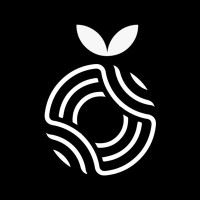

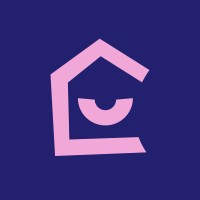




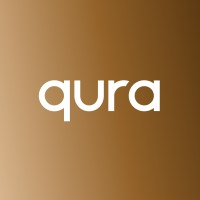 Qura | $1,739,595 | (Mar 4, 2026)
Qura | $1,739,595 | (Mar 4, 2026)
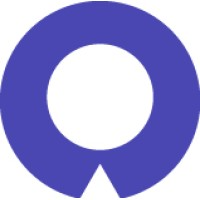 KeyCare | $27,400,000 | (Mar 4, 2026)
KeyCare | $27,400,000 | (Mar 4, 2026) Devotion(US) | $4,000,000 | (Mar 4, 2026)
Devotion(US) | $4,000,000 | (Mar 4, 2026)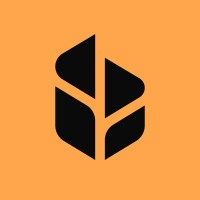 Burst | $2,100,000 | (Mar 4, 2026)
Burst | $2,100,000 | (Mar 4, 2026)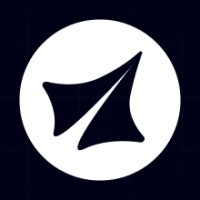 JetStream Security Inc. | $34,000,000 | (Mar 4, 2026)
JetStream Security Inc. | $34,000,000 | (Mar 4, 2026)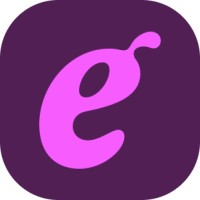 Escargot | $2,750,000 | (Mar 4, 2026)
Escargot | $2,750,000 | (Mar 4, 2026)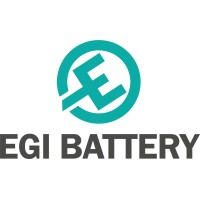 EGI Battery | $10,000,000 | (Mar 4, 2026)
EGI Battery | $10,000,000 | (Mar 4, 2026)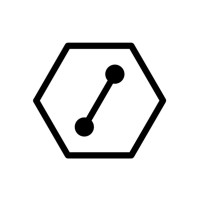 Bindbridge | $3,800,000 | (Mar 4, 2026)
Bindbridge | $3,800,000 | (Mar 4, 2026)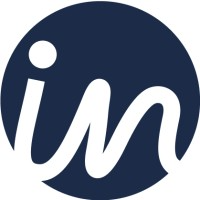 Inhouse | $5,000,000 | (Mar 3, 2026)
Inhouse | $5,000,000 | (Mar 3, 2026)